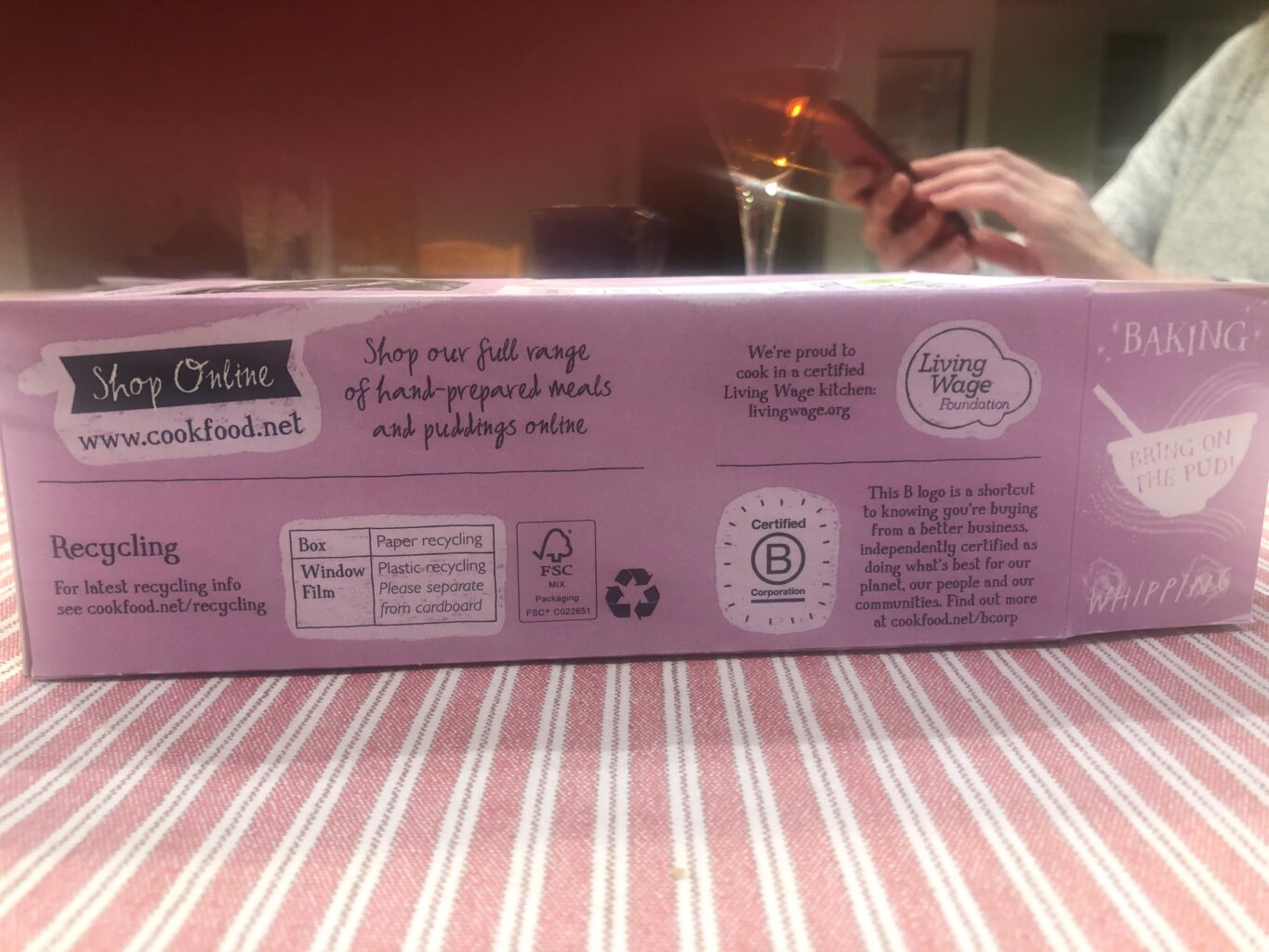As I ate a rather delicious passion fruit and mango parfait recently, my reading of the dessert’s packaging got me thinking about the flawed nature of corporate ‘key messages’.
These little nuggets of carefully crafted joy are brought by executives to our media training. They usually come in threes (it seems to be a rule of PR), are often disparate and many are dry and relentlessly factual. Like these from a client some years ago worried that nobody listened to anything they said corporately because at the time they were accused of benefitting from the apartheid years:
- We are a globally powerful brand (which really is just talking to yourself. Who cares?)
- We are environmentally sustainable (which means something different to everyone)
- We are the most black-empowered company in South Africa (important in South Africa, irrelevant anywhere else and no-one in South Africa was going to believe them because of the apartheid-era controversy)
Would these really resonate with the public? Would anyone really sit in the pub and repeat them? How would the HR director of that company be able to shoehorn ‘environmental sustainability’ into an interview about pay and retention? Our media and message training sorted them out but back to the parfait packaging.
It was from ‘Cook’ – an independent retail chain that sells frozen meals “using the same ingredients and techniques a good cook would use at home, so everything looks and tastes homemade”. An up-market ‘Iceland’ if you will.
The packaging delivered six – wow, six! – key corporate messages (maybe the marketing department is trying to outdo PR): they pay the Living Wage; they are ‘B corp’ certified; the packaging was recyclable; they do not use automated cooking processes “because people cook better than robots”; they buy local ingredients to reduce food miles; and it was “made like you would at home”. To cap it off, it had pictures of named employees doing their thing and it was written in the jaunty style of prose pioneered by Innocent Smoothies.
What made this different from some ‘key message’ documents we see before our media training sessions, is that all the messages (and imagery) were seamlessly connected and laddered up to their overarching story about ‘who’ Cook is as a company – not just what they do and how they do it. They are credible and crucially, they resonate emotionally.
Contrast that with this from 3M back in 2010:
- 3M is a diversified technology company
- 3M applies innovation systematically to anticipate and respond to customer needs
- Practical and ingenious solutions are a strong part of 3M’s legacy
- 3M is a global company with local presence throughout the world
Now reimagined as:
- We are a science-based technology company that is committed to improving lives and doing business in the right way
- We love applying our science to creating products that, in big ways and small, make things better in some way.
- We have an insatiable appetite for meeting the world’s ever-changing challenges.
People relate best to people. You trust someone because of ‘who’ they appear to be. A sense of what they value and how they might create value for me.
So instead of your media spokesperson rushing in to deliver key messages and tell people what you do and how well you do it, they need an overarching story or singular message about ‘who we are’. And that should frame and contextualise their media interviews.
It’s why Disney frames all their communications with ‘magical storytelling’ and why John Lewis does with ‘we are a partnership’. Once emotionally engaged with you, the audience is more likely to listen to your rational key messages.
This is what Electric Airwaves’ media training does for spokespeople who need to tell their organisation’s story confidently and effectively. So that it actually shifts the metrics of reputation on which Communication teams are judged.

